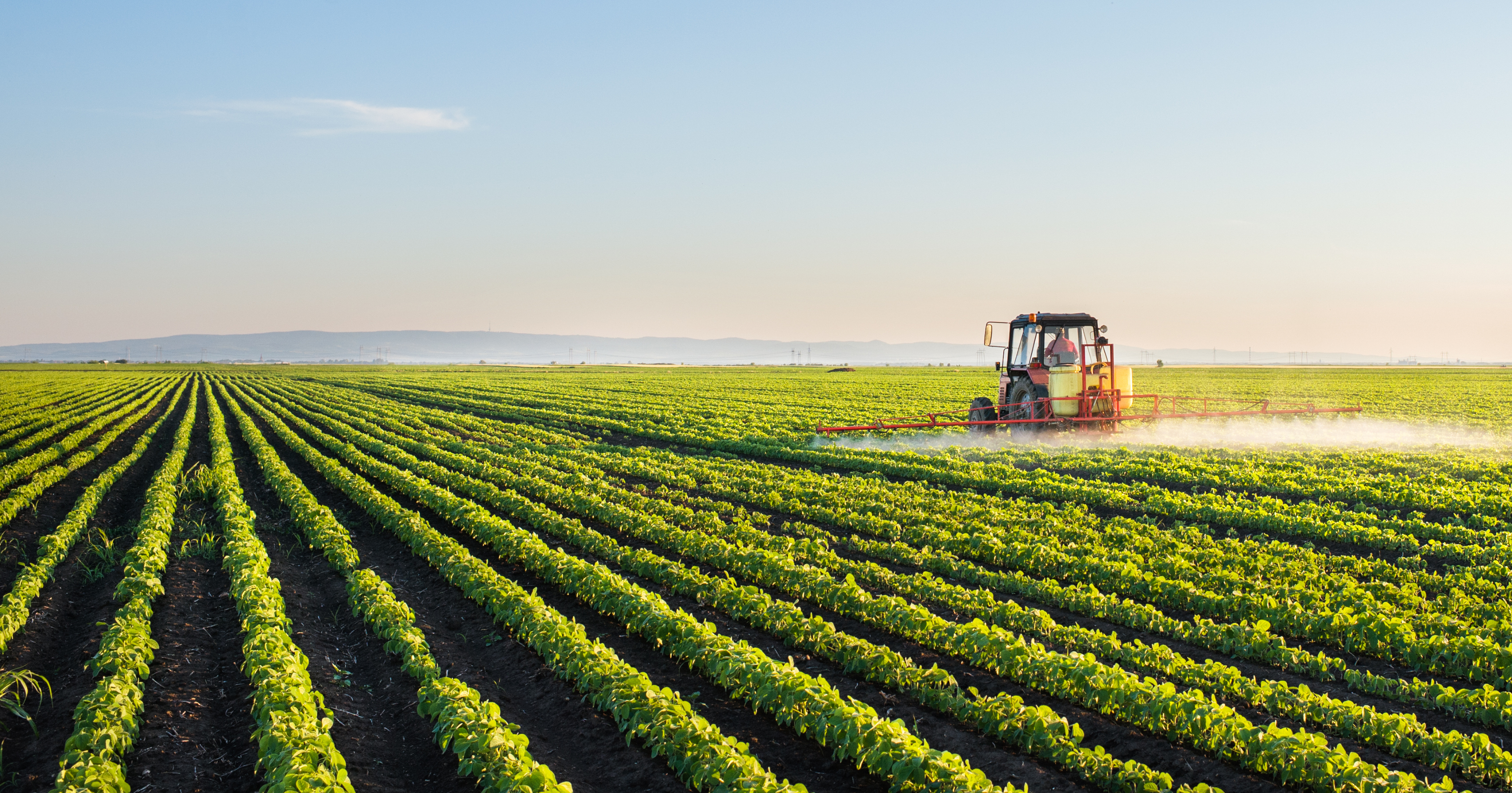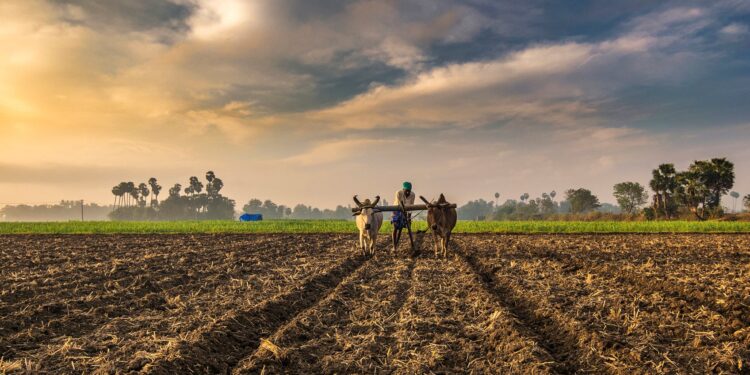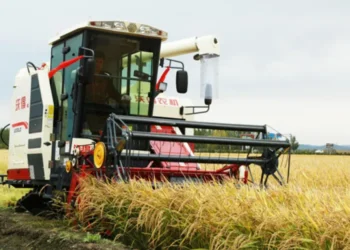This article provides guidance on how farmers and agriculture-related businesses can effectively use social media to promote their products and services. The article explores the benefits of social media for agriculture businesses, common social media platforms, best practices for creating engaging content, and strategies for building a strong online presence.
In today’s digital age, social media has become a powerful tool for businesses to connect with customers and promote their products and services. For farmers and agriculture-related businesses, social media can be a valuable platform for reaching new customers, building brand awareness, and promoting sustainable agriculture practices.
The Benefits of Social Media for Agriculture Businesses
Social media provides numerous benefits for agriculture businesses, including increased brand awareness, improved customer engagement, and increased sales. By using social media to showcase their products and services, farmers and agriculture companies can reach a wider audience, build brand recognition, and attract new customers.

One of the main benefits of social media for agriculture businesses is increased brand awareness. By regularly posting content and engaging with followers, businesses can increase their visibility and build recognition for their brand. This is particularly important for small or local businesses that may not have the resources for traditional advertising methods.
Social media also provides a way for businesses to communicate directly with customers, respond to feedback, and build trust and loyalty. By engaging with customers through comments, messages, and other forms of communication, businesses can build a personal connection with their audience and foster a sense of community around their brand.
Another benefit of social media is increased sales. By showcasing their products and services on social media, businesses can attract new customers and drive sales. Additionally, social media can provide a way for businesses to offer exclusive promotions and discounts to their followers, further incentivizing purchases.
Finally, social media can also provide valuable insights into customer behavior and preferences. By tracking and analyzing social media metrics such as engagement rates, reach, and click-through rates, businesses can gain insights into what content is resonating with their audience and adjust their strategy accordingly.
Common Social Media Platforms for Agriculture Businesses
There are several social media platforms that agriculture businesses can use to promote their brand, products, and services. Here are some of the most popular social media platforms for agriculture businesses:
- Facebook: With over 2.8 billion monthly active users, Facebook is one of the most popular social media platforms for businesses. Agriculture businesses can create a Facebook page to showcase their products, share photos and videos, and interact with customers through comments and messages.
- Instagram: Instagram is a photo and video-sharing app that allows users to share visual content with their followers. Agriculture businesses can use Instagram to showcase their products, share behind-the-scenes glimpses of their operation, and engage with followers through comments and direct messages.
- Twitter: Twitter is a microblogging platform that allows users to share short updates (called “tweets”) with their followers. Agriculture businesses can use Twitter to share industry news and updates, promote their products and services, and engage with customers through replies and direct messages.
- LinkedIn: LinkedIn is a professional networking platform that allows users to connect with other professionals in their industry. Agriculture businesses can use LinkedIn to showcase their expertise, share industry news, and insights, and connect with potential customers and partners.
- YouTube: YouTube is a video-sharing platform that allows users to upload and share videos with their followers. Agriculture businesses can use YouTube to share educational content, showcase their products and services, and provide behind-the-scenes glimpses of their operation.
- TikTok: TikTok is a social media platform that allows users to create and share short-form videos. While it is primarily used by individuals, some agriculture businesses have started using the platform to showcase their products and services and reach a younger audience.
Overall, each social media platform has its own strengths and weaknesses, and agriculture businesses should carefully consider which platforms are best suited to their goals and target audience.
Creating Engaging Social Media Content
To effectively use social media to promote your farm or agriculture-related business, it is important to create engaging content that resonates with your target audience.
This can include high-quality photos and videos showcasing your products and services, educational content about sustainable agriculture practices, behind-the-scenes glimpses of your farm or business, and customer testimonials.
It is also important to use a consistent tone of voice and brand aesthetic across all social media platforms to build a cohesive brand identity.
Building a Strong Online Presence
In addition to creating engaging content, it is important to build a strong online presence by optimizing your social media profiles, using relevant hashtags, and engaging with your audience. This can include regularly posting content, responding to comments and messages, and participating in industry-related conversations. It is also important to track and analyze your social media metrics to understand what content is resonating with your audience and adjust your strategy accordingly.
Strategies for Promoting Sustainable Agriculture Practices

Social media can also be a powerful tool for promoting sustainable agriculture practices and educating consumers about the benefits of buying locally grown and sustainably-produced food. Strategies for promoting sustainable agriculture practices on social media include sharing educational content about sustainable agriculture practices, showcasing your sustainable farming methods, highlighting the environmental and health benefits of sustainable agriculture, and partnering with other sustainable agriculture organizations or businesses.
Maximizing the Impact of Social Media
To maximize the impact of social media, it is important to integrate social media into your overall marketing strategy and use it in conjunction with other marketing tactics such as email marketing, events, and advertising.
It is also important to stay up-to-date with the latest social media trends and best practices and continually experiment with new content formats and strategies to keep your audience engaged.
Conclusion
Social media can be a powerful tool for promoting your farm or agriculture-related business, connecting with customers, and promoting sustainable agriculture practices. By creating engaging content, building a strong online presence, and using social media in conjunction with other marketing tactics, you can maximize the impact of social media and drive growth for your business.











